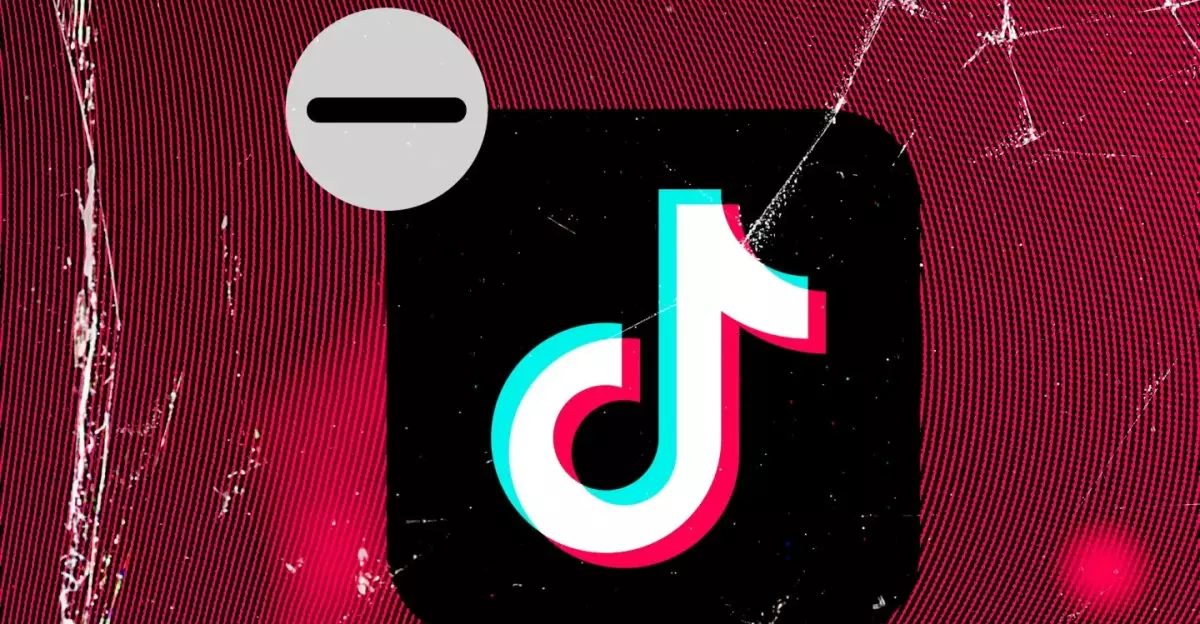In a sudden turn of events, TikTok has reemerged in both Apple’s App Store and the Google Play Store nearly one month after facing a ban in the United States. This reinstatement has stirred up a myriad of discussions surrounding the implications of digital governance, market control, and international relations. The decision to reintegrate the popular app follows a letter from U.S. Attorney General Pam Bondi to Apple, signaling that the tech giant would not incur penalties for hosting TikTok, a move that has left industry observers debating the balance between compliance and consumer demand.
The initial removal of TikTok from the app stores was triggered by legal complications surrounding its parent company, ByteDance, which is facing scrutiny over national security concerns. Former President Donald Trump’s executive order aimed to enforce these concerns, advocating for the app’s prohibition due to its ties with China. However, Trump’s order included a 75-day grace period during which enforcement could be relaxed, leaving many in the tech and entertainment sectors wondering how the legal landscape would evolve in that time. The complexities behind the ban seem to underscore a broader theme of geopolitics influencing technological availability in the consumer market.
Apple and Google, two giants in the tech world, faced significant stakes in their decision to initially remove TikTok. The risk of incurring massive fines raised concerns about prioritizing legal compliance over user engagement, which ultimately led to the temporary severing of TikTok from consumers. Given TikTok’s immense popularity and its centrality to modern digital culture, the ramifications of such a ban were not only profound for users but also for advertisers and influencers who rely heavily on the platform for their livelihoods.
This incident illustrates the interconnectedness of politics and technology. As negotiations unfold regarding a potential divestment of TikTok—tasked to JD Vance, as reported—one must consider the ethical implications of such a sale. If the platform transitions to a new ownership model, how will that affect user trust and data security? The demands for accountability in tech firms are growing, leading to a wider conversation about how policy can guide the tech industry forward while ensuring individual rights are protected.
With TikTok reinstated, the immediate concern for Apple and Google shifts from legal compliance to a growing demand for transparency and user security. As discussions about the future of TikTok unfold, it remains to be seen how regulatory frameworks will adapt to the rapidly evolving digital landscape, and whether they will facilitate or hinder innovations like TikTok in the future. The app’s return might seem like a victory for mobile consumers, but it also serves as a poignant reminder of the fine line tech companies must tread when navigating the tumultuous waters of international relations and domestic regulations.

